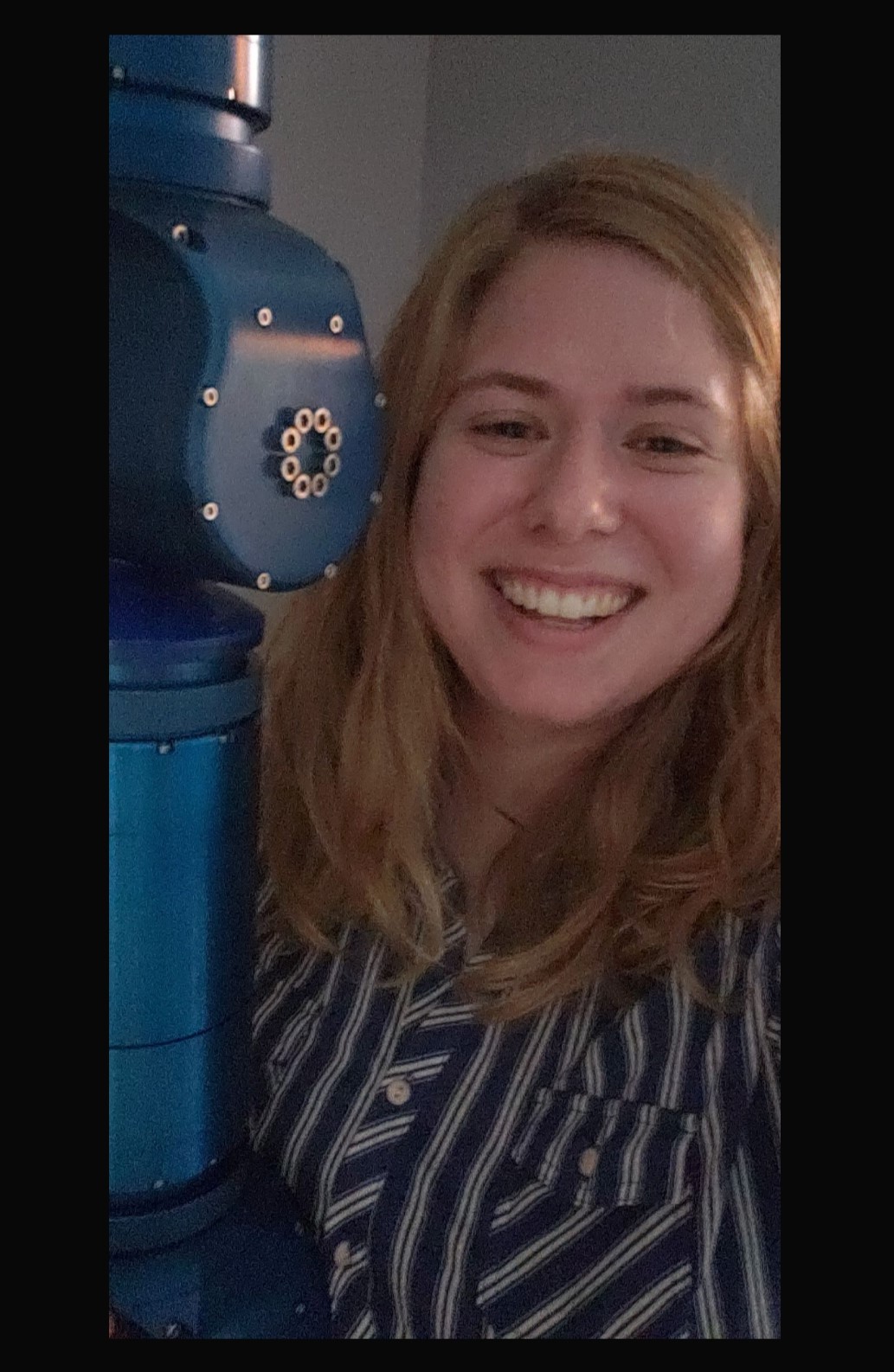Student NASA award supports work on more dexterous, collaborative space robots
PhD student Emily Sheetz is working to design more dexterous robots to work alongside humans in space.

 Enlarge
Enlarge
PhD student Emily Sheetz has been recognized with an $80,000 award from the NASA Space Technology Graduate Research Opportunities (NSTGRO) program. The program supports graduate students “who show significant potential to contribute to NASA’s goal of creating innovative new space technologies for our Nation’s science, exploration and economic future.” Sheetz earned the award to support her project “FAME: Fast Affordance Manipulation Execution,” with the goal of enabling more dexterous robots to work alongside humans in space.
For robots to be a helpful part of space technology, they need to be able to interact with the world the way their human users would. But current robots are typically limited to so-called pick-and-place actions – object manipulation suited for a controlled factory setting. This rigid movement will have to evolve if working alongside humans is the goal.
“Practical use of robotics as assistive space technology requires manipulation to move beyond pick-and-place,” Sheetz writes in her research abstract. The dexterous robot manipulation of the future will have to involve knowledgeable interaction with objects, multi-objective behaviors, and the ability to react to dynamic environments.
Together, these smarter behaviors will let robots work alongside humans in dynamic extraterrestrial environments like the International Space Station or during space walks.
Sheetz’s proposal emphasizes affordance, a property or feature of an object that gives users (human or otherwise) a prompt as to what can be done with it. We know these things from past experience – buttons are for pressing, hinges for angled rotation, and so on. Her goal is to give robots a representation of affordances that enables fast execution of manipulation.
The framework will provide a way to represent and execute actions with an emphasis on practical considerations like finishing multiple tasks simultaneously or reacting to human collaborators. This manipulation framework would make it easier for users to program robots to do new tasks and allow robots to take on increasingly challenging tasks to make our lives easier.
In addition to her advisor Prof. Chad Jenkins, the NSTGRO program will match Sheetz with a technically relevant NASA Subject Matter Expert, who will serve as a research collaborator.
 MENU
MENU 
